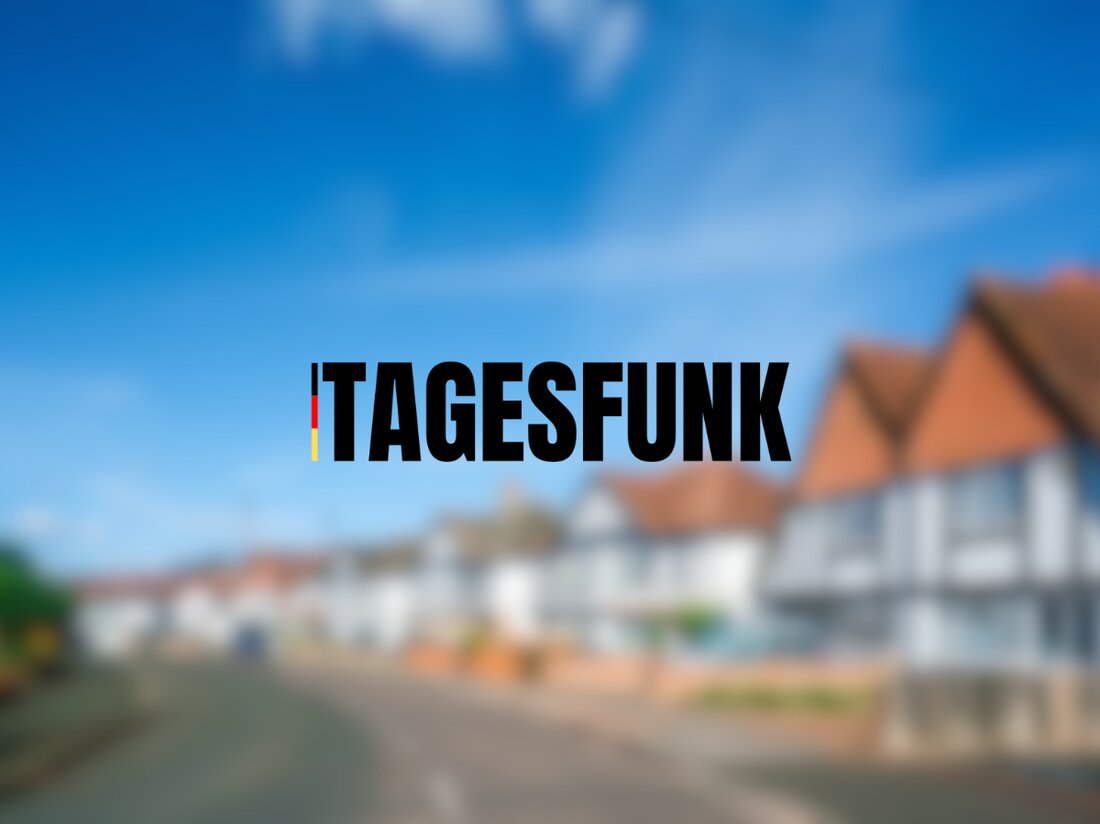Mayor Daschner presents the challenges facing the community of Gleissenberg
Dr. Gerhard Hopp visited Gleissenberg to talk to Mayor Daschner about municipal challenges and projects.

Mayor Daschner presents the challenges facing the community of Gleissenberg
The small community of Gleissenberg recently had a special guest: Dr. Gerhard Hopp, a member of the Bavarian state parliament, came to visit at the invitation of Mayor Wolfgang Daschner. In a two-hour conversation, various challenges facing the community were discussed. Mayor Daschner handed the deputy a list of “problem cases” that highlight the current difficulties in the community.
Daschner expressed concern about the growing demands on smaller municipalities. “The tasks are becoming more and more diverse and the general conditions have become more difficult,” he explained. This is a big challenge, especially for a volunteer mayor who also has a day job. Hopp showed understanding for the situation and reported similar concerns that he had heard from other communities.
Swimming pool support and fire station
A central topic of the conversation was swimming pool funding. Daschner criticized the fact that the funding rates for swimming pools, which are based on the guidelines for schools and kindergartens, do not meet the needs of the community. Instead of the hoped-for 90 percent funding, Gleissenberg only receives around 57 percent, which is insufficient for the financially well-run community. “It is frustrating that communities that have done poorly in the past are being treated better,” said Daschner.
Another important topic was the construction of the new fire station. Although the funding conditions have been improved since the beginning of 2023, Gleissenberg only receives a fixed amount of funding for three parking spaces. Daschner emphasized that this is not enough for smaller municipalities to realize necessary new buildings or renovations. “How are we supposed to ensure fire protection if the funding for us is the same as for large cities?” he asked Hopp.
Daschner also called for a revision of the needs plan for the fire department in order to better manage investments. “Not every fire department needs the same equipment,” he explained. Smaller fire departments should also have the opportunity to adapt their equipment to their specific needs.
Another concern was water supply and wastewater disposal. Gleißenberg currently does not receive any funding because the municipality does not fall below the so-called “hardship threshold 1”. Daschner asked Hopp for support to adjust the guidelines and relieve the community in this regard.
In addition, Daschner addressed the reduction in funding for the regional budget from 2025, which should fall from 100,000 to 75,000 euros. This would severely limit the financial possibilities of small communities. The EAFRD funding program was also cut, which represents another hurdle for Gleissenberg.
The conversation ended with a visit to the “Burgstallwichtel” children’s home and the new local and cultural barn in the leisure center, where Hopp got an idea of the community’s facilities. The conversations were both informative and insightful and highlighted the challenges that Gleissenberg faces.

 Suche
Suche
 Mein Konto
Mein Konto